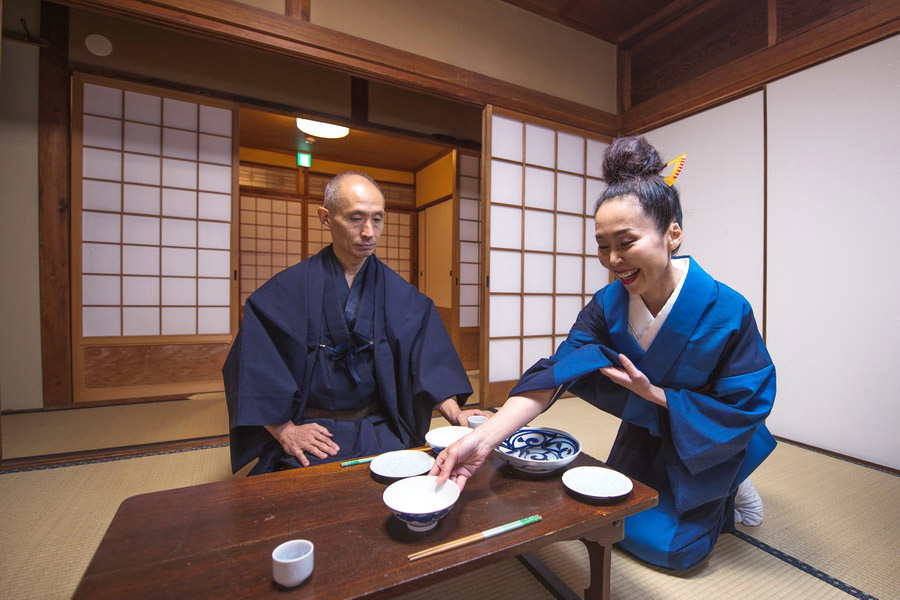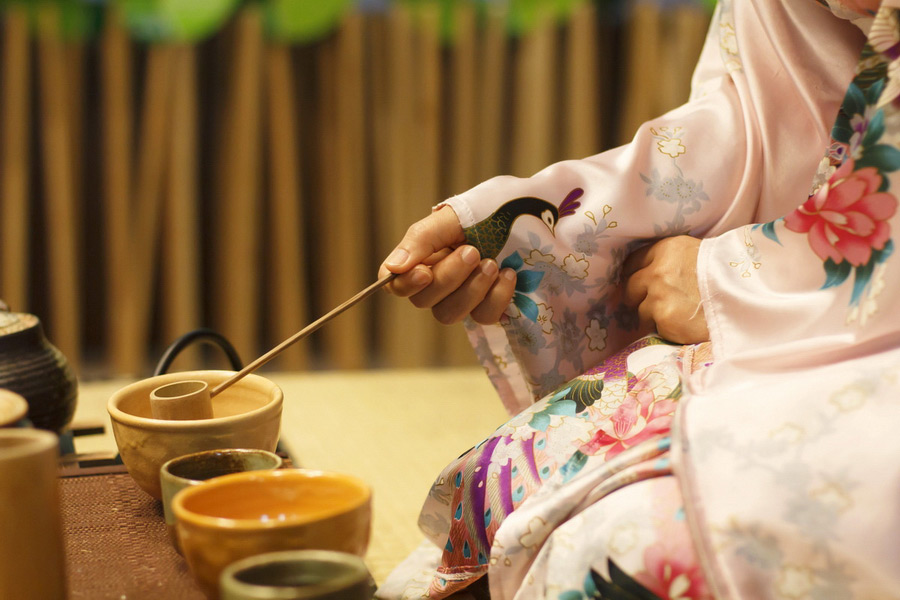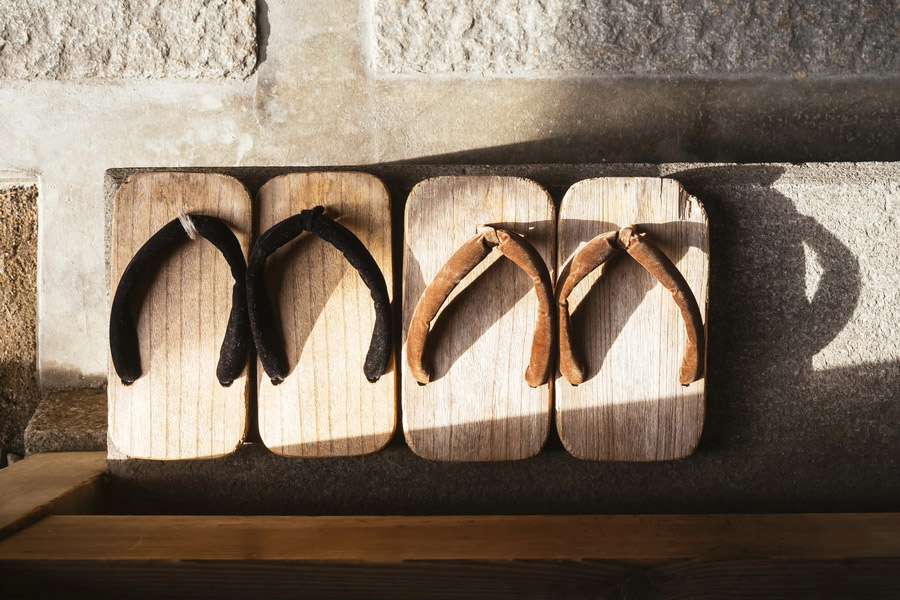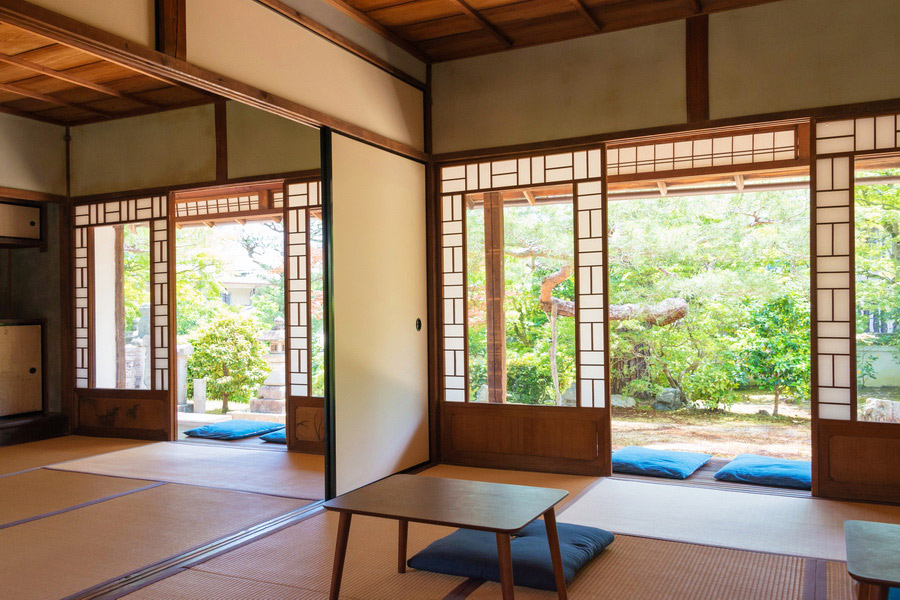
Japan is renowned for its unique approach to hospitality, which pervades every aspect of Japanese life and cultural traditions. The Japanese concept of hospitality, called omotenashi, reflects a deep and thorough commitment to providing exceptional service and care to guests.
The Origins and Meaning of Omotenashi
Omotenashi translates as "hospitality" or "welcome", but it has a much deeper meaning. It entails a genuine desire to meet the requirements of guests by anticipating their wishes without expecting anything in return. Japanese tradition of hospitality emphasises attention to small details that, though seemingly insignificant on their own, together create a profound sense of care and comfort. The roots of omotenashi can be traced back to ancient times and are closely tied to the tea ceremony, in which every detail is intended to bring harmony and tranquillity to the guest.
The Tea Ceremony: The Epitome of Omotenashi

The Japanese tea ceremony is the ultimate expression of omotenashi. Every movement and element of the ceremony is carefully orchestrated to foster relaxation and peace. The host pays close attention to every detail, from the choice of utensils to the decoration of the room. The care for the guests, the thoughtful consideration of the unique details of each ceremony, and the sincerity with which it is performed—all of this embodies the Japanese hospitality traditions, making it a profound cultural experience.
Hospitality in Ryokans
A ryokan is a traditional Japanese inn that perfectly embodies the concept of omotenashi (hospitality). Guests are warmly welcomed with respect and provided with exceptional service. Upon arrival, guests can put on a light kimono (yukata), soak in the hot springs, and enjoy delicious meals in a traditional tatami room with a beautiful view of the serene garden.
The staff is dedicated to meeting every guest's needs, ensuring a visit full of pleasant experiences and mental peace that leaves an unforgettable impression of the Japanese hospitality.
Hospitality in Everyday Life
Receiving an invitation to a Japanese house is considered an honour, as many Japanese feel their homes are too humble for guests. Such an invitation is a sign of the host's sincere respect and closeness to the guest.

Upon entering, guests are expected to follow house etiquette, starting with removing their shoes at the genkan (entrance), a lower-level space, before stepping into the main area. House slippers are provided, and only after putting them on is the guest considered to have officially entered the home.
Guests are usually treated to tea and sweets, and often the host prepares an elaborate meal thoughtfully planned to suit the guest’s tastes and preferences.
Seating Etiquette for Guests
In Japan, there are rules for seating guests, with designated "top" (kamiza) and "bottom" (shimoza) seats. Kamiza is reserved for the honoured guest, while shimoza is for younger or lower-ranking guests.
- Tatami room. The place of honour is by the tokonoma, a sacred alcove often associated with a Buddhist altar. The head of the household or high-ranking guests sit closest together, while younger guests sit near the door, making it easier for them to serve drinks or interact with staff.
- Western-style tables. Influenced by Western traditions, guests are often seated facing a window or a decorated wall. In business settings, sofas are arranged for visitors as a gesture of hospitality, although it may seem excessive for a single guest to occupy an entire sofa.
- Lifts and cabs. The place of honour in a lift is the far-right corner, while younger guests stand by the control panel. In a cab, the most honoured guest sits at the rear right window, while the younger member sits next to the driver.
Gift Giving Etiquette

Gift-giving in Japan is considered an art form, symbolising respect, gratitude, friendship, and the desire to strengthen relationships. There are several types of gifts, each with specific rules.
Summer and Winter Gifts ( o-chūgen and O-seibo)
O-chūgen gifts are offered in July to those who have supported or helped during the year, while O-seibo gifts are given in December as a token of gratitude and to summarise the year. Both types of gifts should be thoughtfully selected and beautifully wrapped, showing respect to the recipient.
Omiyage
Omiyage are souvenirs that Japanese travellers bring back from their trips. These can include sweets, delicacies, or handmade items and are given not only to loved ones but also to colleagues, supervisors, and business partners.
Chocolate
On February 14, women give chocolate to men to express either gratitude (Giri choco) or love (Honmei Choco). Men return the gesture on White Day, March 14, by giving a gift in return.
Okaeshi
This tradition requires the recipient of a gift to give something of equal or lesser value in return, symbolising respect and maintaining a balance in the relationship.
Forbidden Gifts
Avoid gifts associated with the numbers 4 and 9, as they sound like the words for "death" and "suffering". Sharp objects like knives or scissors are also considered inappropriate, symbolising a break in relationships.
When giving or receiving gifts, it is essential to show respect. Gifts are exchanged with both hands, and it is polite to refuse the gift a few times before accepting it. It's best not to open gifts in public to avoid embarrassment, and if the gift is for one person, it should be presented in private. The cost of the gift should be moderate, especially among coworkers, ranging from 2,000 to 5,000 yen. Hierarchy matters, so more expensive gifts are given to superiors.

Tips for Tourists
- Pay attention to the small details, as the Japanese appreciate thoughtful gestures.
- Learn how to say "thank you" (arigato) sincerely.
- Stay in ryokans or traditional hotels to experience authentic omotenashi.
Omotenashi is more than just a hospitality tradition; it is a philosophy deeply embedded in Japanese culture, reflecting care and comfort for guests. It is one of the reasons why Japan is such an inviting destination. Experience omotenashi in all its forms, and your visit to Japan will be filled with warmth and sincere hospitality.

